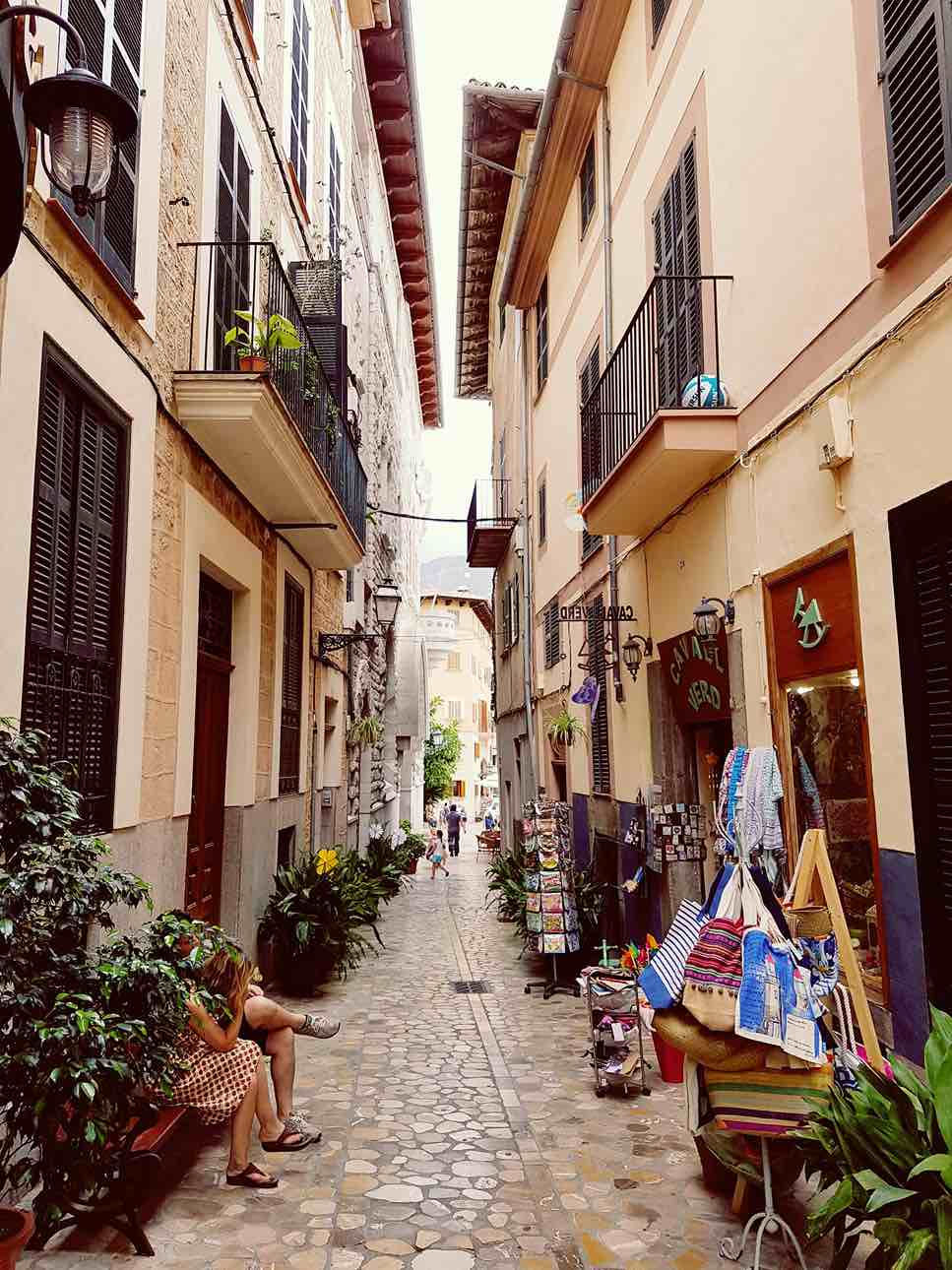Spain as a brand: nation branding between tourism, culture and innovation
- Sep 24, 2025
- 5 min read
Updated: Sep 26, 2025
Author: Jennifer Argenton
Introduction
To start, we need to define what nation branding is. Nation branding refers to the intentional application of branding techniques and marketing strategies to a country to build a positive international image and achieve specific goals, such as attracting foreign investment, building up tourism, stimulating trade, and attracting human capital. This plan structures and promotes a country's identity, culture, and values to the world, creating relations and national competitiveness. You will have noticed television commercials for tourism for some specific overseas nation in recent years. It is because these nations have realized it is absolutely critical to invest in their image to attract tourists, investments, and talents. And it is not only about traditional tourism, but about attracting investment and skilled labour that is required to develop and improve the nation across all sectors. So taking Spain as an example: one of the most popular tourist nations for years now, but not only that. It receives hundreds of young tourists from all over Europe each year, along with being a hotbed of innovation, naturally, and as we all well know, a country with a lot of culture and art that is very appealing.

Tourism: Selling Experiences
Experiential tourism dominates Spain's nation branding movement. Rather than merely marketing places, Spain is more into marketing tourists enjoyable and good experiences of its great cultural richness and diversity. For instance, Andalusia focuses on classical traditions such as Flamenco and Feria de Abril that bring out both music and popular festivals. Barcelona, on the other hand, takes advantage of its unique architecture history, with Antoni Gaudí's work being a global symbol of inventiveness and creativeness. Balearic Islands harmonize nature and city life, becoming an ideal haven for pleasure and health. To boost such experiences, Spain utilizes social media platforms, influencers, and digital advertising campaigns to the fullest. These media not only broaden the country's exposure but also reach younger generations, creating interactivel engagement between potential travelers. Through the presentation of real experiences and user-generated content, Spain enhances its ability to market itself as a lively and attractive destination. Its impact on Spain's international brand recognition has been staggering. Spain is not only viewed today as a leading tourist destination but as a cultural influencer and lifestyle destination. This pluralistic face renders Spain a more globalized player in the international scene, attracting not just tourists but also international talent, investment, and long-term partnership.
Culture: Projecting Identity
Culture plays an important role in building a positive national identity because it represents the history, values, and way of life of a country. In nation branding, culture is a powerful tool to differentiate a country and make it recognizable internationally. A nation that promotes its traditions, food, arts, music, and festivals can both attract tourists and give citizens a sense of belonging and pride. Traditions and cultural expressions are essential in territorial marketing because they create an authentic image of the country. Gastronomy is an excellent weapon in Spain: tapas, paella, and wine are the icons of the Spanish lifestyle. Art is also paramount, from Velázquez and Picasso to Gaudí's architecture, an icon of Barcelona. La Tomatina de Buñol or San Fermín de Pamplona attract thousands of tourists and make local tradition an international phenomenon. Culture is also mobilized for publicity campaigns and global events. Spanish tourism is likely to focus on flamenco dancers, bazaars, or family fiestas, for instance, as markers of hospitality and authenticity.
Innovation: Redefining Spain's Global Reputation
Spain’s transforming from its previous image as a sun-baked tourist nation with profound culture and history. Its cities like Barcelona and Madrid are emerging as successful hubs of technology, innovation, and entrepreneurship. Barcelona, for instance, hosts the glitzy Mobile World Congress, where global tech titans congregate, while Madrid boasts a dynamic startup ecosystem through its several incubators and innovation centers. The national image is shifting from postcard holiday resort to creative and forward-thinking enterprise. Even established brands like Iberia Airlines are reimagining their purpose, moving storytelling and cultural experience into the product, offering the traveler something more than a ticket. Tourist boards are employing emerging technology such as virtual reality to provide future visitors with a taste of Spanish cities before they visit, immersing them before arrival. Universities and innovation parks serve as dual-purpose vehicles to promote Spain's reputation as a country where business savvy and creativity come together. New media offer the tool to help promote this new brand narrative, marrying tradition and new-tech dynamism. Tourists and audiences worldwide no longer just passively watch Spain; they experience, engage, and co-create, fostering a global community. This new experiential and digital approach makes Spain a modern, open, and competitive player at the global level.

Challenges and Opportunities
One of the biggest challenges of country branding is balancing tradition and modernity. For Spain, the challenge is to promote its heritage while also presenting itself as a modern, cutting-edge country. A successful campaign must combine the cosy quality of tradition with the technological vibrancy of contemporary Spain. This double identity appeals both to tourists seeking culture and to investors and young professionals seeking opportunity. Spain also faces strong competition from other nations investing in their brand. Italy, France, and Greece promote their culture and Mediterranean lifestyle, while new destinations target the international market with strong campaigns. Spain must keep reinventing itself to differentiate and establish its place as a global leader in tourism, culture, and economic influence. Another danger of nation branding is relying on stereotypes or over-commercialization. If Spain only advertises flamenco dancers, bullfights, and beaches, it risks showing a superficial and outdated image. Over-commercialization reduces authenticity and alienates locals and international audiences. Effective branding must highlight iconic elements while also representing the country as authentic, diverse, and dynamic.
Conclusion
Spain will probably be one of the biggest nation branding successes because it has managed to bring tourism, culture, and innovation together in a well-designed and compelling image. Its ability to combine experiential tourism, cultural wealth, and growing status as a technological and creative center has given the country a distinctive niche in the world. It is multi-dimensionality that allows Spain to host diverse segments of the audience from pleasure travelers to investors and high-skilled workers. Country branding is never static. Spain must adapt with each new communication, tourist, and international relations trend that the world has to offer in today's globalized and competitive age. Inclusivity, digitalization, and sustainability are some of the major issues of today's audiences that Spain must present in its identity. Spain's dilemma is to remain authentic to itself while attempting to keep up with these global changes in an effort to remain relevant and attractive. In the next few years, Spain's brand can be further enhanced by placing greater emphasis on values of innovation, sustainability, and multiculturalism. Its nation branding destiny will lie in how it can promote itself not only as a destination to visit but also as a destination to live, invest, and innovate. By reaffirming this vision-based and universal identity, Spain may continue to develop its role as a world leader and world point of reference.




Comments